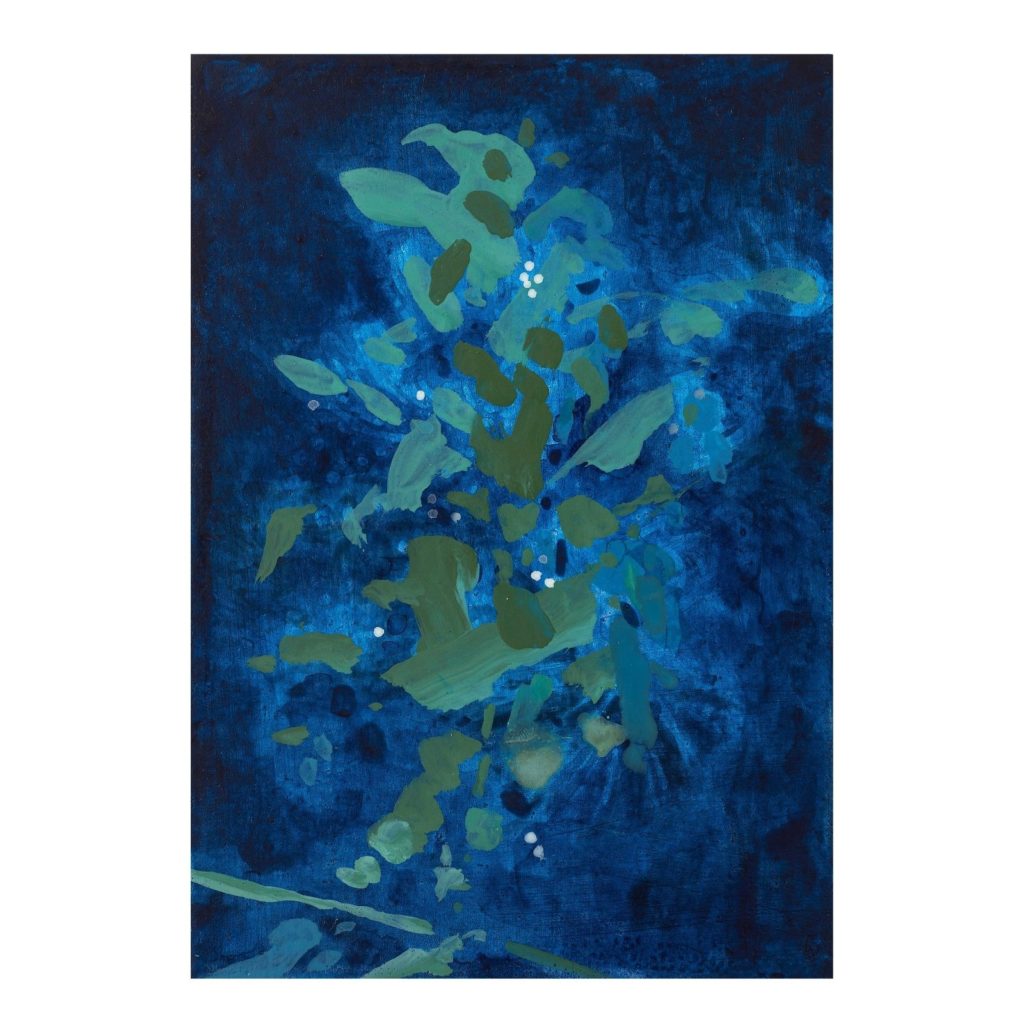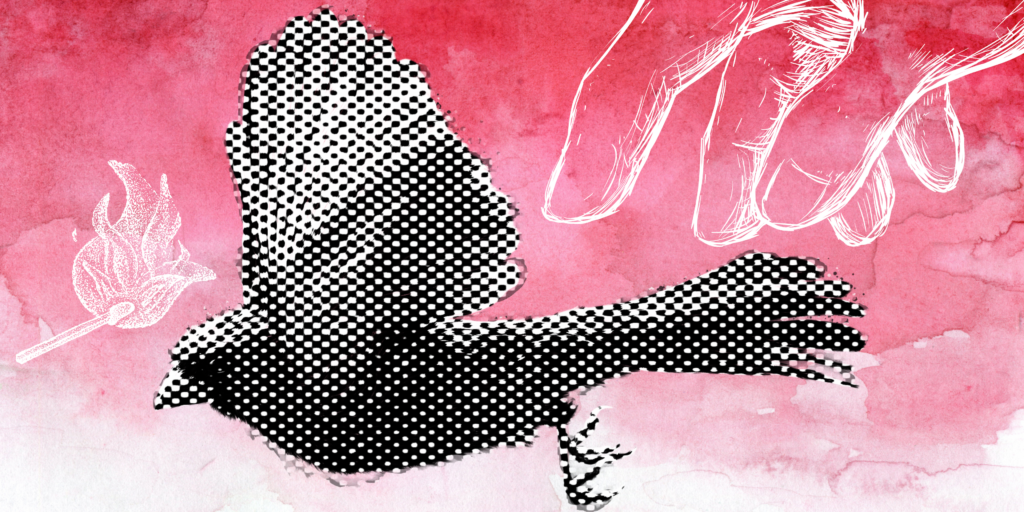She is girl. She is gravel. She is grabbed. She is grabbed like handfuls of gravel.

September 18, 2018
Emily Jungmin Yoon collects testimony and confronts history in her debut collection, A Cruelty Special to Our Species, which publishes today from Ecco Press. The poems in this book are records of earthly and human violence—the sexual slavery of Korean comfort women, lives lost during natural disasters, and the everyday, accumulating ways that women hurt and are made to silently accept that pain. These are poems deeply invested in the minutiae of language, how one word leads to the next, connecting sound, rhythm, and meaning between languages, poets, and women.
As the Poetry editor for The Margins Emily has cultivated a special home for Asian American poetry in all its richness, and we’re thrilled to celebrate her collection here on Poetry Tuesday, and at our NYC reading room on Tuesday, September 25 with Sueyuen Juliette Lee, Wo Chan, and Kristin Chang.
An Ordinary Misfortune
The trouble with trees is that their bodies and limbs are too capable, capable of burning, of living, capable of leaves, of leaving, charcoal, ash, and we think we have power. Capable, 1561, from Late Latin capabilis “receptive,” Unit 731 of the Japanese Empire inject us with monkey blood, our limbs are not receptive, Capable, used by theologians, from Latin capax “able to hold much,” our living bodies and extracted children, not holding, not Capable, capere “to take, grasp, layhold, catch, undertake, be large enough for, comprehend,” how to take, how to grasp, comprehend, our limbs catch fire, taken, our bodies not large enough, Capable, Sanskrit kapati “two handfuls,” two handfuls of intestines, are they Capable, Greek kaptein “to swallow, gulp down,” pills, gas, what more, Capable, Lettish kampiu “seize,” our limber bodies, carve our bodies, our eyes unseized by their sockets, Capable, limbs, capable of burning, of ash, charcoal, Capable, Old Irish cacht “servant-girl,” her fallopian tube, cut, living, not Capable, of living, leaving, Welsh caeth “captive, slave,” Capable, our names, maruta, from Japanese, “logs.”
An Ordinary Misfortune
She is girl. She is gravel. She is grabbed. She is grabbed like handfuls of gravel. Gravel grated by water. Her village is full of gravel fields. It is 1950. She is girl. She is grabbed. She is not my grandmother though my grandmother is girl. My grandmother’s father closes the gates. Against American soldiers, though they jump over stone walls. To a girl who is not my grandmother. The girl is gravel grabbed. Her language is gravel because it means nothing. Hands full of girl. Fields full of gravel. Korea is gravel and graves. Girl is girl and she will never be a grandmother. She will be girl, girl, girl is gravel and history will skip her like stone over water. Oh girl, oh glory.
“An Ordinary Misfortune” [The Trouble with trees…] and “An Ordinary Misfortune” [She is girl…] reprinted from A Cruelty Special to Our Species by Emily Jungmin Yoon. Copyright © 2018 Emily Jungmin Yoon. Used with permission of the publisher, Ecco Press. All rights reserved.



